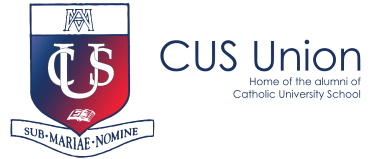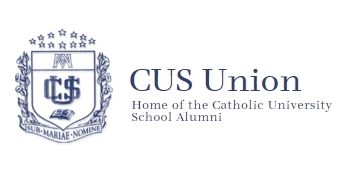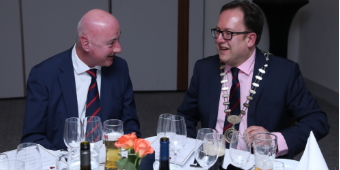John Joseph Plunkett

Considering the centenary of 1916 being with us, and the short lived connection of CUS and John Joseph Plunkett, we have extracted and condensed the following...
Joseph
Mary Plunkett
The short
CUS and Marist connection.
Joseph
Mary Plunkett was born in November 1887. He was the eldest son of a George
Noble Plunkett, a Papal Count, and lived his young life in Fitzwilliam Street,
Dublin.
He was
a descendant of the martyred Saint Oliver Plunkett. His grandparents were in
the leather trade and later into the construction trade, thus affording their
son George and their grandson Joseph a very affluent upbringing. His father
later was curator of the National Museum
The
majority of those who lived around Fitzwilliam Square and Fitzwilliam Street
would have been wealthy, Protestant and largely Unionist whilst literally a
stone’s throw away in the lanes behind the grand houses many people lived in
poverty and squalor with few facilities. Violence and chaos was a regular occurrence
amongst those living there . All of this had a considerable effect on a young
Joseph Plunkett.
In 1898
at the age of 11, Joseph started in CUS – His time in CUS was quite short as
just four months later he contracted pneumonia & pleurisy. Pneumonia proved
fatal for many young people at the time and Joe was not expected to survive. However
his mother, though without formal training, had an interest in nursing and with
the aid of their staff, Joe began to recover.
To
finalise his recovery Joseph and his mother planned to go to Rome for the
winter, but when they got as far as Paris, she changed her mind and put Joseph
into Marist school in the Parisian suburb of Passy.
He returned
to Ireland in 1900 after a harsh winter in Paris that did not do his health
much good and continued his education in Belvedere before boarding at
Stoneyhurst in England and then studying in UCD. At Universtiy he kept very
much to himself and was not noted for his academic prowess though English was
the one subject he did well in.
From
his late teens he developed a keen interest in poetry and worked very hard at
it, hoping that someday his works would be published. His hope of being
published ensured he put a date on his works and combined with his meticulously
kept diaries, his writings give an insight to his life leading up to his
involvement in the Irish Republican Brotherhood.
A
devoted nationalist he joined the Gaelic league and developed a close
friendship with the poet Thomas MacDonagh and with him launched the newspaper
the Irish Review. He joined the Irish Volunteers when it was formed in 1913. In
1915 Plunkett was inducted into the IRB and he travelled to Berlin to help
Roger Casement secure German support for a rebellion. He was appointed to the
IRB military council but fell ill in early 1916. Despite his illness, he took
his place in the GPO and signed the Proclamation.
He was
sentenced to death but married his financé, Grace Gifford, in his cell in
Kilmainham Gaol on the night before his execution on May 4th. His two brothers
George and Jack fought also in 1916 were sentenced to death but had their
sentences commuted while two of his sisters Philomena and Fiona played a role in the preparations for the
Rising. His father’s victory in the North
Roscommon by-election in 1917 was the first tangiable sign that the Rising had
had a deep impact on Nationalist opinion.
Writer,
traveller, reader, experimenter, thinker, dancer, lover of women, theatre
director, editor, linguist, philosopher, negotiator and military tactician. A
short life filled with experience.





